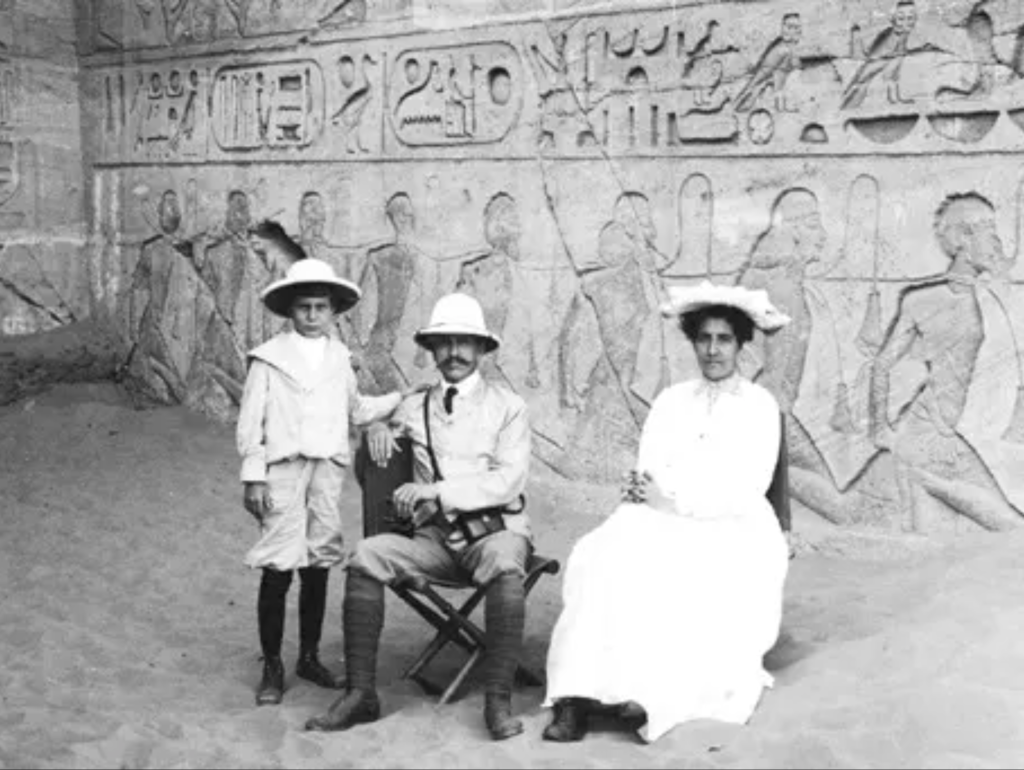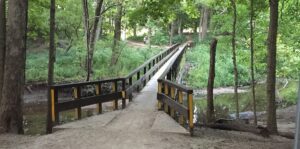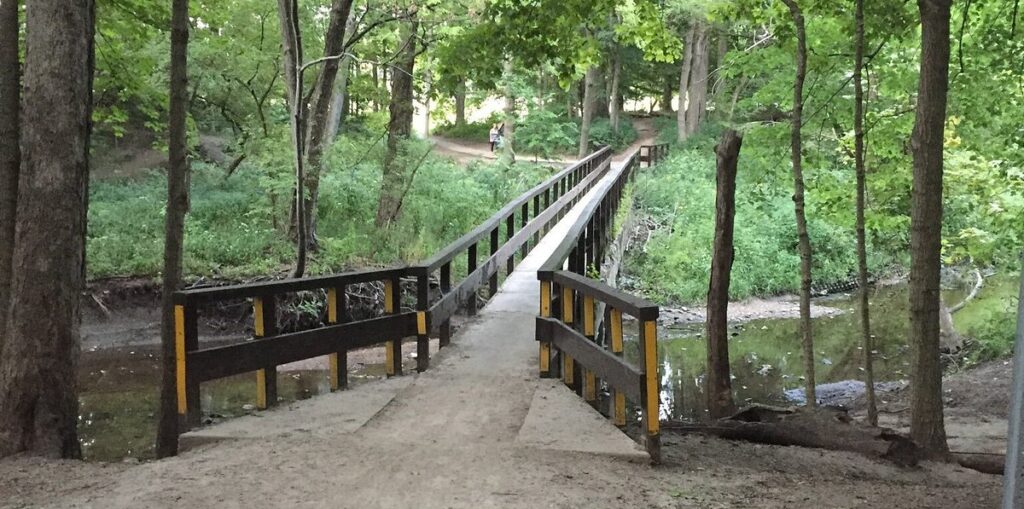Continuing our “What’s In A Name?” series, we are highlighting Breasted Street, named in honor of Dr. James Henry Breasted (1865 – 1935). Breasted Street, located one block south of the DG South High Campus, runs east to west, spanning one block between Prideham Street to the west and Wells Street to the east.
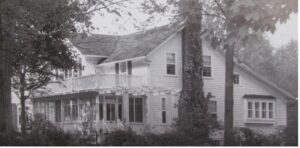 Breasted became a world-renowned archaeologist, Egyptologist and historian. In 1873, he and his family moved to Downers Grove, where they lived in a house known as The Pines at 4629 Highland Avenue. This home, since designated as a Centennial Home by the Downers Grove Historical Society, is named “The James Henry Breasted House”.
Breasted became a world-renowned archaeologist, Egyptologist and historian. In 1873, he and his family moved to Downers Grove, where they lived in a house known as The Pines at 4629 Highland Avenue. This home, since designated as a Centennial Home by the Downers Grove Historical Society, is named “The James Henry Breasted House”.
As a young man, Breasted attended the University of Chicago. In 1894, after completing his PhD at the University of Berlin – the first American to obtain a doctorate in Egyptology – he joined the faculty of the University of Chicago. He was promoted to full professor in 1905 and held the first chair in Egyptology and Oriental History in the United States.
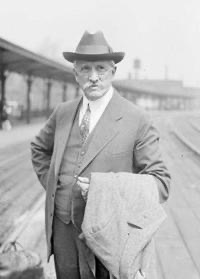 In his lifetime, he compiled a record of every known Egyptian hieroglyphic inscription and published a translation of these in a five-volume work, Ancient Records of Egypt (1906). He led expeditions to Egypt and the Sudan (1905–07) and copied inscriptions from monuments that had been previously inaccessible or were perishing. His History of Egypt (1905) and his high-school textbook, Ancient Times (1916), both lucidly written, enjoyed extraordinary success. A pioneer work in a specialized field was Development of Religion and Thought in Ancient Egypt (1912).
In his lifetime, he compiled a record of every known Egyptian hieroglyphic inscription and published a translation of these in a five-volume work, Ancient Records of Egypt (1906). He led expeditions to Egypt and the Sudan (1905–07) and copied inscriptions from monuments that had been previously inaccessible or were perishing. His History of Egypt (1905) and his high-school textbook, Ancient Times (1916), both lucidly written, enjoyed extraordinary success. A pioneer work in a specialized field was Development of Religion and Thought in Ancient Egypt (1912).
In 1919, Breasted played a crucial role in the founding of the Oriental Institute at the University of Chicago, a center dedicated to the interdisciplinary study of ancient civilizations. The institution was renamed the Institute for the Study of Ancient Cultures, West Asia & North Africa in 2023. Breasted made numerous trips to Egypt and was present at the opening of King Tut’s tomb in 1922. He became known for popularizing the term “Fertile Crescent“, the region where the first settled agricultural communities of the Middle East and Mediterranean basin are thought to have originated by the early 9th millennium BCE.
While at the University of Chicago, Breasted had a home built near there. Its carriage house was designed to look like a mastaba. The house is now used as the fraternity house of Phi Gamma Delta.
Breasted died in New York City on December 2, 1935, of a streptococcus infection after returning from his last expedition. He is buried in Greenwood Cemetery, in Rockford, Illinois. His grave site is marked with a large Aswan granite cube, marked simply with his name and “historian and archaeologist.”
The James Henry Breasted Prize was established in 1985 in his honor by the American Historical Association. It is awarded annually to a book in English that covers any period of history prior to 1000 AD.
If one were asked to name a scholar who, above all others, stimulated the development of ancient historical studies in the United States during the earlier part of the twentieth century, that honor would have to fall to the colossal figure of James Henry Breasted.
—Dictionary of Literary Biography by William J. Murnane
“James Henry Breasted” (2024) https://en.wikipedia.org/wiki/James_Henry_Breasted (Accessed July 1, 2024)


